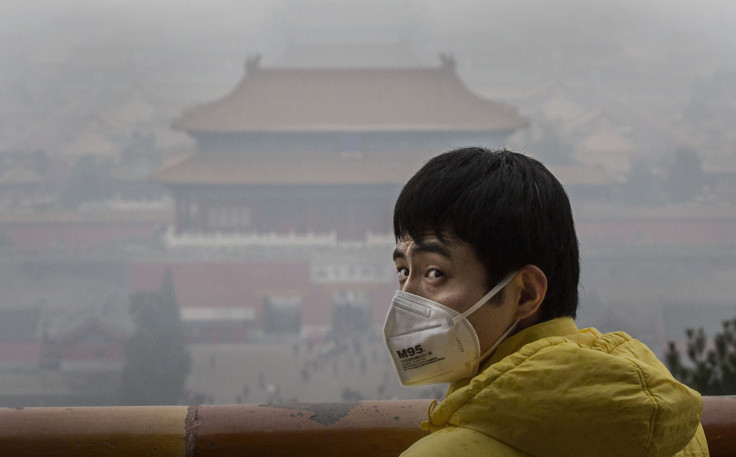Chinese Polluters To Face More Business, Financing Restrictions

Chinese firms guilty of exceeding emissions limits or building plants without environmental permits will face tougher punishments including credit bans and land use restrictions, the country's environmental ministry said late on Wednesday.
China has been cracking down on polluting enterprises, raising fines and threatening criminal action against persistent offenders, but regulators have long struggled to impose rules on powerful industrial enterprises and local governments anxious to protect revenue and jobs.
The country has sought to beef up its traditionally underpowered environment ministry and spread the burden of enforcement to other agencies, including dedicated courts, police authorities and financial regulators.
The Ministry of Environmental Protection said in a notice published on its website that it has signed a cooperation agreement with 30 government departments, including the central bank, to broaden the range of punishments for offenders as well as improve information sharing. (http:///www.mep.gov.cn)
The 31 government departments will draw up a blacklist of offenders in order to create a "unified punishment mechanism", the ministry's official publication, China Environmental News, said.
Businesses or individuals that have seriously violated environmental rules would not be able to apply for new land, safety or business permits, and would not be able to get their products certified by customs.
Preferential tax policies could be canceled, and firms would also face restrictions when issuing bonds or making use of other financing tools. Some could also be restricted or banned from entering the market.
Earlier this month, the China Securities Regulatory Commission said that it would only allow companies that have a clean bill of environmental health for three full years to issue shares on local stock exchanges.
"Environmental enforcement needs to be enhanced, but if they can be assisted by other stakeholders and other powerful departments, especially investors, banks and stock market regulators, it can provide a big help," said Ma Jun, director of the Institute for Public and Environmental Affairs, which campaigns against pollution.
© Copyright Thomson Reuters 2024. All rights reserved.





















